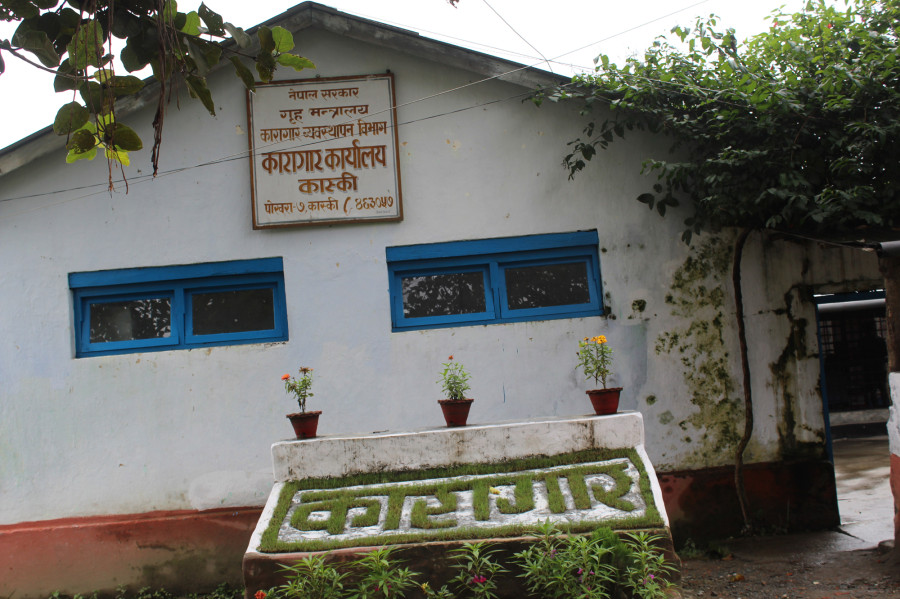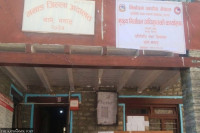Gandaki Province
All 10 prisons in Gandaki Province in dismal state, lawmakers find
A committee comprising members of the provincial assembly suggests immediate reforms.
Pratiksha Kafle
All 10 prisons in Gandaki Province are dilapidated and lack basic facilities such as clean drinking water, in addition to being overcrowded, a committee has found.
The committee comprising members of the Gandaki Province Assembly also raised concerns about the possibility of disease outbreaks as the prisons lack safe drinking water, enough health workers and stock of essential medicines.
“The prisons’ buildings are damaged, and the walls have developed cracks due to the lack of periodic maintenance. The roofs leak, and the doors and windows are rusty,” said Krishna Thapa, chairman of the parliamentary committee. “As most prisons house more inmates than their capacity, the inmates' health and sanitation have been compromised.”
The report, submitted to the provincial government last week, states that prisoners don’t get enough to eat. “There are not enough toilets nor there’s enough water. The prisons are congested with no open space,” said Rabindra Ghimire, the secretary of the committee. “Prison managers are also not prepared to handle disasters of any kind.”
The committee said that some of the prisons accommodate four times more prisoners than their capacity. According to Rabindra Ghimire, the secretary of the committee, Parbat District Prison can accommodate only 25 prisoners, but it currently holds 96. The Myagdi District Prison is designed for 32 inmates, but it houses 100, said Ghimire.
The committee suggested that the government increase the food ration and daily expense amount given to the prisoners. The prison administration provides 700 grams of rice per person and Rs 60 per day per person as ration. “We have asked the authorities to provide at least Rs 100 per person,” said Thapa.
The parliamentary committee also suggested that the prison administrations run skill-oriented training for the prisoners to help them earn their livelihood and integrate with the society after completing their sentences.
As the management of district prisons fall under the common jurisdiction of the federal and provincial governments, authorities at all levels need to coordinate with each other to manage prisons, the report concluded.




 8.79°C Kathmandu
8.79°C Kathmandu.jpg)











